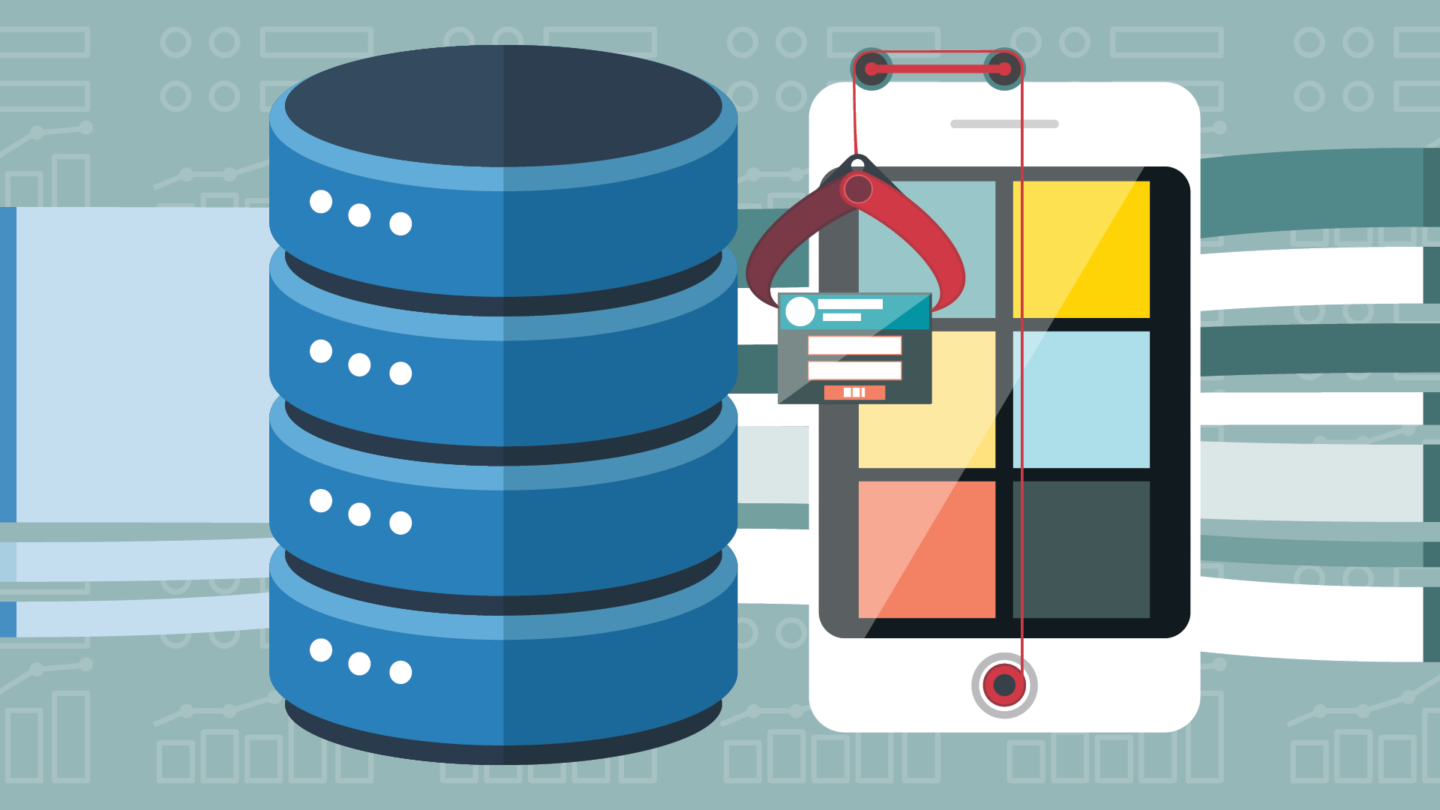Leveraging First-Party Data to Drive Growth within the Programmatic Space

Recent forecasts from marketing analysts show programmatic advertising is on the rise. One study estimates that two-thirds of all display ad spend will be programmatic within the next twelve months. eMarketer is even more ambitious: their 2018 forecast for programmatic ad spend was at 84 percent. Needless to say, there is clearly an opportunity today for businesses to reach their target audience with more efficiency through automation.
And here’s the good news: you already have the data you need to make it happen. First-party customer data offers a repository of valuable information about your customers that you can use to drive high-impact programmatic campaigns.
Simply put, first-party data accounts for any information about your audience collected by your company. Any demographic or behavioral data you’ve gathered from current clients, past customers, or visitors to your site qualifies as first-party data. There are two main types of first-party data to be aware of:
One of the great things about using first-party data for programmatic ads is that you already own the data. No need to go out and invest in questionable second- or third-party data (i.e. data collected by other companies and sold to you). Instead, use the data you have that shows you exactly who your target audience is and how they engage with your brand.
In short: everyone!
If your brand collects customer information through website activity, social media, or lead capture forms, you can use that information to learn more about your target audience and make more intelligent decisions about programmatic ad spend.
If you’re not using one already, a data management platform (DMP) makes leveraging first-party data significantly easier. DMPs unify inbound customer data from both online and offline sources to create single profiles of your leads and customers. They scrub data of duplicates and some will even enrich your first-party data in real-time with third-party supplementary data.
On the ad side, DMPs often integrate directly with your demand-side platform (DSP), creating a seamless flow of first-party data to programmatic campaigns.
#1. Personalize the ad experience for customers.
First-party data allows you to make real-time adjustments to your ad messaging based on who your customers are and their previous engagements with your brand.
#2. Focus on leads with a high likelihood of converting.
First-party data enables you to create a detailed persona for your ideal customer. You can then use the framework of that persona to dictate your ad automation—show your ads to the leads most likely to convert to customers.
#3. Understand your audience.
A deeper dive into your first-party data can reveal a lot more than just their names and locations. Pay attention to how different buyer personas engage with your website and content—often, the insights you glean can tell you a lot about what your customer wants to see from your brand.
#4. Expand your reach.
Leverage first-party data across several DSPs at once to create look-a-like models of your campaigns that you can scale to a wider audience.
#5. Make smarter data purchasing decisions.
Your proprietary first-party data helps inform what second-and-third-party customer data would be most valuable for boosting campaign performance.
First-party data is easy to access and one of the most effective to use because it comes straight from the source: your audience. Considering how easily it integrates with advertising platforms and can help you target and scale campaigns, using first-party data should be a no-brainer for any marketing team.
Looking to partner with a digital marketing agency to improve your programmatic advertising? Download our case study, Inside Programmatic: Agency vs. In-House Management, to learn more.
